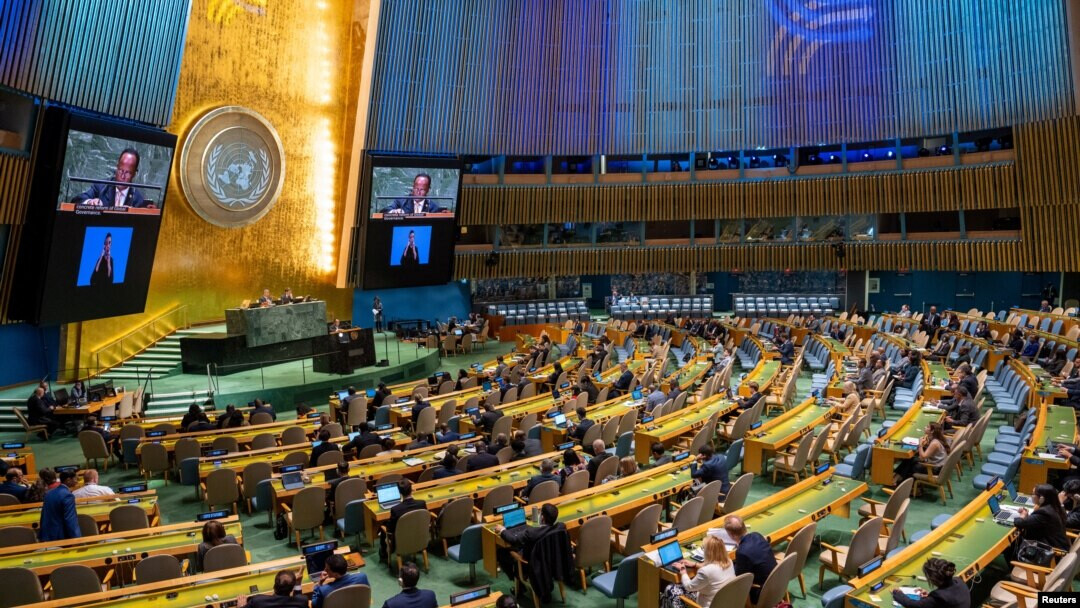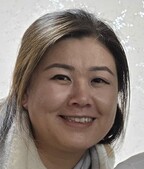
NEW YORK – The world's leaders are set to descend upon New York next week for the United Nations General Assembly's High-Level Week, a gathering that this year is cast under a shadow of persistent global conflict and humanitarian crises. As the UN marks its 80th anniversary, the General Debate from September 23 to 29 will serve as a stark reminder of the organization's formidable challenges, with the wars in Gaza, Ukraine, and Sudan dominating the agenda.
UN Secretary-General António Guterres set a somber tone at a pre-session press conference, condemning the "horrific situation" faced by Palestinians and calling the ongoing conflict "morally, politically, and legally unacceptable." This sentiment has fueled a growing diplomatic divide, with the Palestinian issue taking center stage. Several Western nations, including France, the UK, Australia, and Canada, have announced plans to formally recognize Palestine as a state during the session. In a move that underscores this growing momentum, France and Saudi Arabia will co-host a high-level meeting on September 22 to promote a peaceful resolution and the implementation of a two-state solution.
This diplomatic push, however, is meeting strong resistance. The United States and Israel vehemently oppose the recognition of a Palestinian state outside of a negotiated settlement. In a contentious move, the U.S. has denied or revoked visas for key Palestinian Authority officials, including President Mahmoud Abbas, a decision that has sparked significant backlash from other member states.
The General Debate will feature a roster of influential speakers, with the world's attention focused on several key figures. U.S. President Donald Trump will deliver his first UN speech since his re-election on September 23, following Brazil's President. His remarks on economic and foreign policy will be closely watched. South Korean President Lee Jae-myung will also address the assembly on the same day, sharing his country's story of democratic resilience and outlining his administration's vision for global issues.
Speeches from other leaders involved in current conflicts are highly anticipated. Ukrainian President Volodymyr Zelenskyy is scheduled to speak on September 24, followed by Israeli Prime Minister Benjamin Netanyahu on September 26. Russia will be represented by Foreign Minister Sergei Lavrov, who is set to speak on September 27. Notably, Russian President Vladimir Putin has not made a personal appearance at the General Assembly since 2015.
There is also a significant diplomatic development concerning North Korea. The provisional list of speakers indicates that a high-ranking North Korean official—likely Vice Minister of Foreign Affairs Kim Seon-gyeong—is expected to address the assembly on September 29. This marks the first time in six years that Pyongyang will send a senior envoy to New York, raising hopes that South Korea and the U.S. may seek to open a channel for dialogue.
Beyond the main debate, the week is packed with a multitude of diplomatic events. A notable highlight will be President Lee of South Korea's role in chairing a UN Security Council open debate on AI and international peace and security on September 24, a first for a South Korean president. As the Security Council's elected president for September, South Korea is poised to play a pivotal role in shaping discussions on one of the most pressing issues of our time.
[Copyright (c) Global Economic Times. All Rights Reserved.]






























